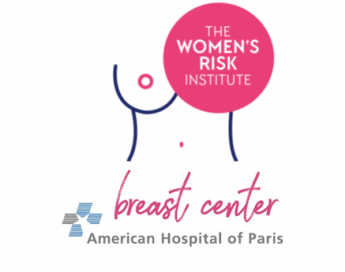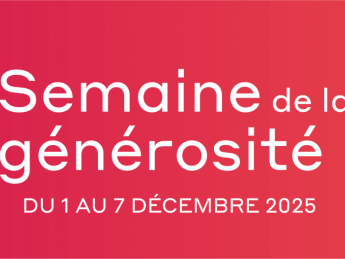Individual assessment of the risks of developing breast cancer
Clinical study

The Women's Risk Institute team of the American Hospital of Paris conducted a clinical study with the Institut Curie, entitled Feasibility of personalized screening and prevention - Recommendations in the general population through breast cancer risk assessment: results from a dedicated risk clinic, published in Breast Cancer Reserach Treatment (Springer) in 2022.
Purpose
A personalized approach to prevention and early detection based on known risk factors should contribute to early diagnosis and treatment of breast cancer. We initiated a risk assessment clinic for all women wishing to undergo an individual breast cancer risk assessment.
Methods
Women underwent a complete breast cancer assessment including a questionnaire, mammogram with evaluation of breast density, collection of saliva sample, consultation with a radiologist, and a breast cancer specialist. Women aged 40 or older, with 0 or 1 first-degree relative with breast cancer diagnosed after the age of 40 were eligible for risk assessment using MammoRisk, a machine learning-based tool that provides an individual 5-year estimated risk of developing breast cancer based on the patient’s clinical data and breast density, with or without polygenic risk scores (PRSs). DNA was extracted from saliva samples for genotyping of 76 single-nucleotide polymorphisms. The individual risk was communicated to the patient, with individualized screening and prevention recommendations.
Results
A total of 290 women underwent breast cancer assessment, among which 196 women (68%) were eligible for risk assessment using MammoRisk (median age 52, range 40–72). When PRS was added to MammoRisk, 40% (n = 78) of patients were assigned a different risk category, with 28% (n = 55) of patients changing from intermediate to moderate or high risk.
Conclusion
Individual risk assessment is feasible in the general population. Screening recommendations could be given based on individual risk. The use of PRS changed the risk score and screening recommendations in 40% of women.
The Women's Risk Institute
Learn more

